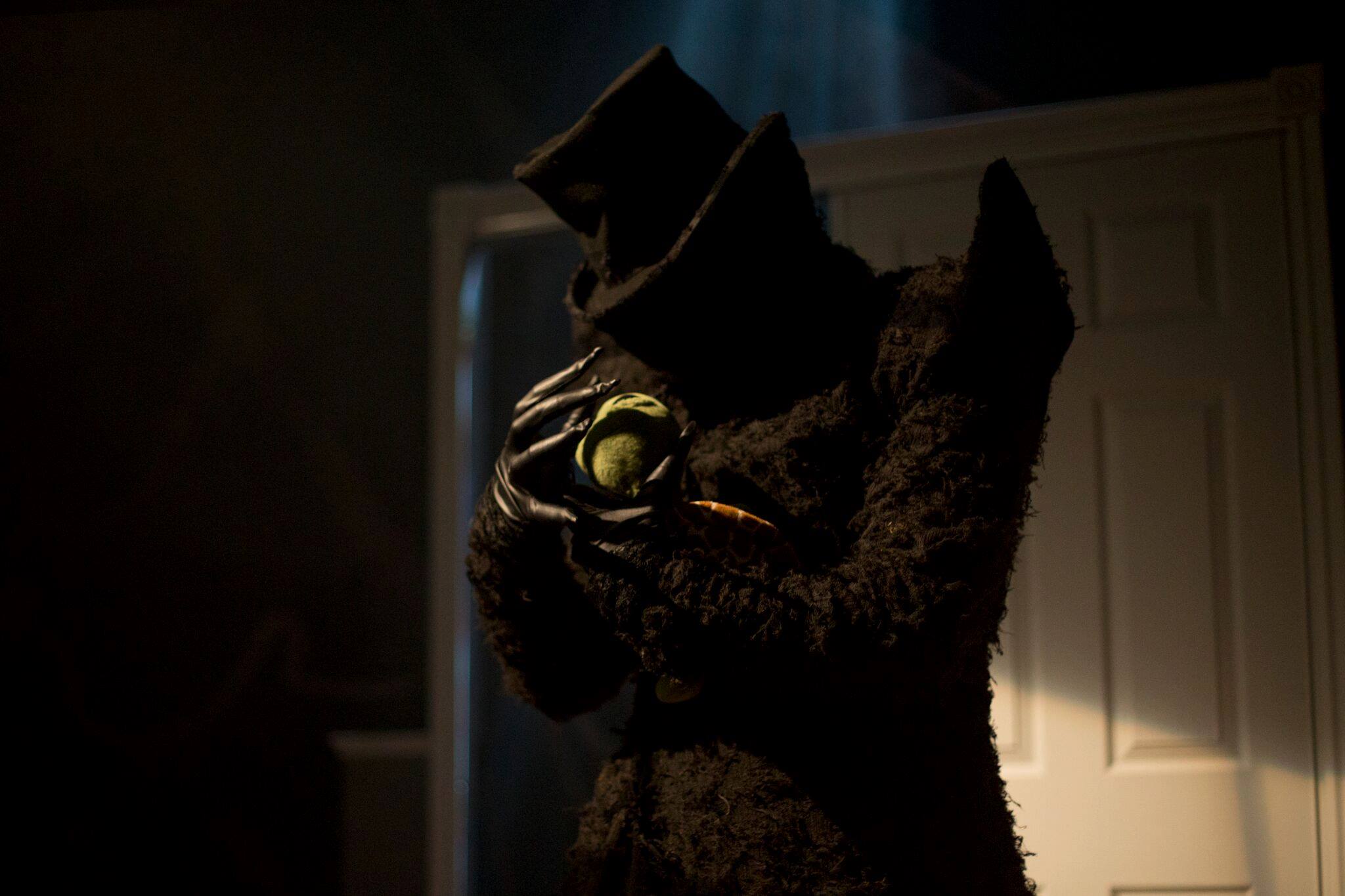
SALT LAKE CITY — Bellwether is a nice neighborhood. People know their neighbors. The parks have playgrounds for children and tennis courts for adults. Since moving to Bellwether, Alan Draft has taken a new job that pays more, and Jackie Draft has been able to quit working and spend her days at home with their six-year old daughter, Amy. Sure, Alan’s new job and commute keep him away from home for long hours, and Amy is in school during the day, but lonely days are nothing in comparison to all Jackie has to be thankful for.
That is until Amy disappears. A missing child is the unthinkable tragedy parents would do anything to prevent. The loss of a child is a community event, one that makes neighbors look for flaws in the bereaved family to ensure they don’t repeat the same mistakes. So when Amy goes missing, the neighbors have to believe the Drafts failed as parents, somehow allowing it to happen. If it’s not someone’s fault, that means nothing is protecting any other child from being lost. When the police and news media get involved, that just means there are more people pointing fingers, trying to identify the guilty parties.
The first half of the play feels very traditional and cohesive: Events progress logically; as Jackie and Alan Draft, Sierra DuCharme-Hansen and Tristan Johnson give strong performances that carry the heavy, emotional story. The setting is solidly suburban: a sofa, a chair and an end table makeup the living room, and a raised platform with a little girl’s bed and stuffed animals depicts Amy’s room (set designed by Nina Vought). The female cast members wear bright colors, and the men wear khakis. Nothing is out of the ordinary.
The second half of the play gives a very different theatrical experience, one that is enthralling and nuanced in ways I couldn’t have expected. Changes to the set give a very different impression of life in the suburbs. The intricately bizarre costumes (designed by Erin M. West) that Bailey Sill and Alvaro Cortez wore couldn’t feel more completely out of place, but both actors’ precise performances ground their characters firmly in an unsettling reality.
The Drafts’ neighbors make slight wardrobe changes to fill the roles of detectives and reporters. The scenes between the three television reporters (Samantha Miller, Maggie Regier, and Dylan McKernan) capture both the drama and the emotional detachment that those who were able to watch the investigation from a distance enjoyed. The three reporters wear rain jackets, hold microphones, face invisible cameras, and talk over each other as they describe developments in the investigation.
Griffin Irish and Spencer Brown employ sound and lighting effectively in the first half of the play. But, in the second half, they take on a life all their own, exponentially enhancing the eeriness of Jackie Draft’s surroundings and companions.
Since seeing Bellwether, I can’t stop thinking about playwright Steve Yockey‘s unusual approach to the play’s second half. Bellwether is the rare play that I appreciate more for the fact that any moral or deeper meaning isn’t easily accessible. I feel like a popular theme in modern theater is that life is random and cruel, things rarely work out, and any apparent meaning or purpose to events is assigned after-the-fact. I loved Bellwether precisely because its ambiguity didn’t come down to the same old contemplation of mortality and existential crisis. The script’s nuance is original and shocking and artistic, but without seeming to try.
In addition to its untraditional approach to storytelling, Bellwether is aesthetically stunning. Westminster Theatre’s production team created a stunning visual and aural experience, and under Mark Fossen’s direction, the entire cast gave a multifaceted and gripping performance. Seeing Bellwether left me eager not just to see more plays by Steve Yockey, but to see more productions at Westminster Theatre.
[box] Bellwether plays Thursday, October 27 at 8:30 PM and Friday and Saturday, October 28-29 at 7:30 PM at the Dumke Blackbox Theatre, inside the Jewett Center for the Performing Arts and Emma Eccles Jones Conservatory at Westminster College, Salt Lake City. Tickets are $10. For more information, please visit westminstercollege.edu. [/box]
